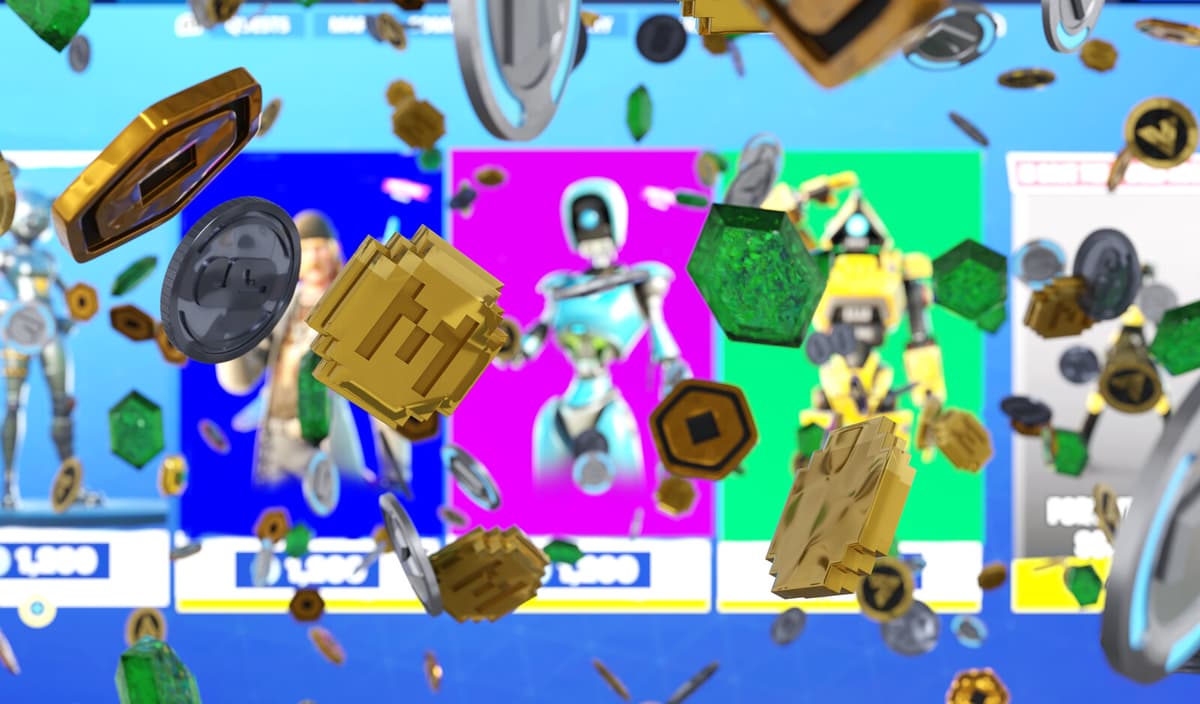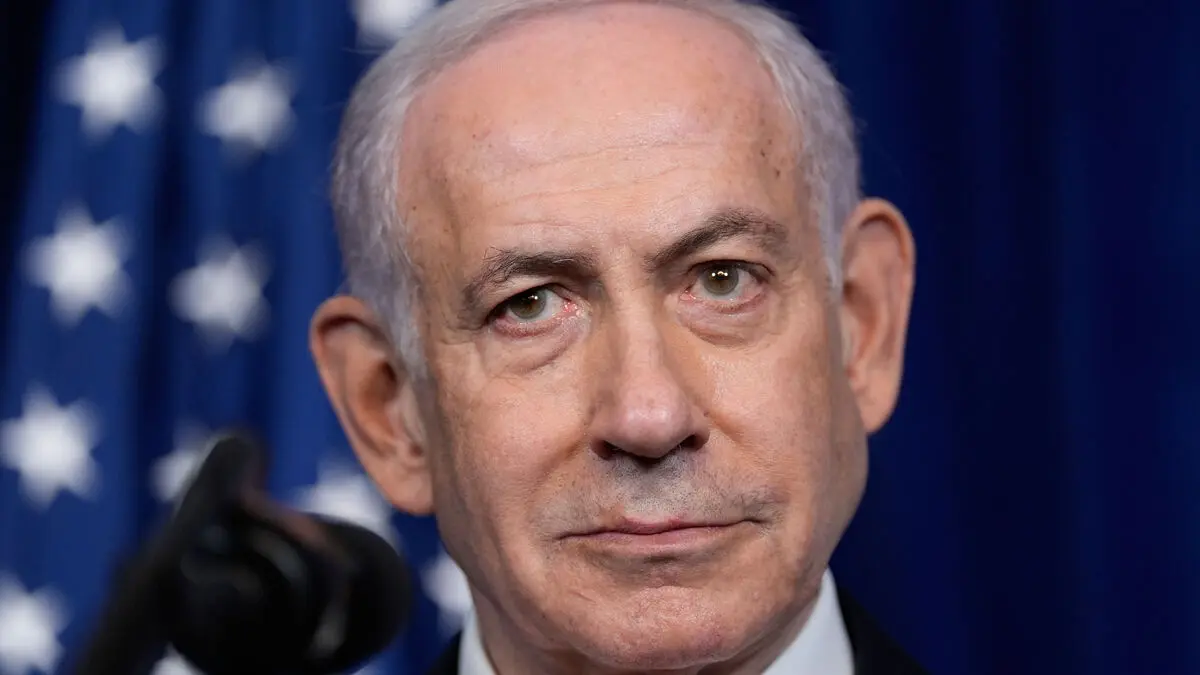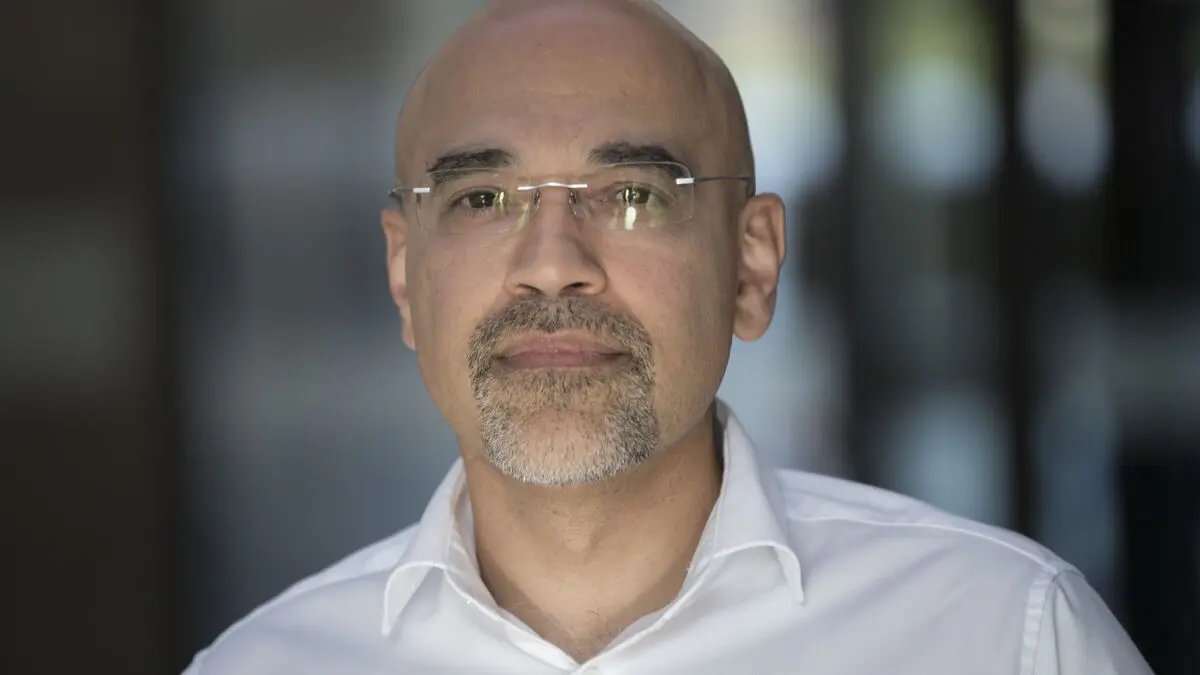Sweden's consumers and 20 other European consumer organizations have reacted strongly to the strategies used by gaming giants to entice children and young people to spend money on in-game purchases. The strategies are accused of being deceitful and manipulative.
The organizations view the use of virtual currencies, such as V-bucks in "Fortnite" or FC Points in the football game "FC" (formerly "Fifa"), as problematic. Players buy, with real money, the virtual currency which is then spent within the game.
The only reason we can see is that they are trying to hide the real costs of the purchases from consumers, says Sinan Akdag, international secretary at Sweden's consumers.
Spend more
Three out of four parents claim that their children do not spend any money in games, but among those who do, it amounts to an average of 444 kronor per month last year, an increase from 375 kronor in 2020, according to a survey by the industry organization Video Games Europe.
We question whether it is okay to target this type of very aggressive marketing at children in order to get them to want to buy these things in the games, and to nag their parents to be allowed to buy, says Akdag.
The organization is now reporting, together with the European consumer organization BEUC and ten other consumer organizations, seven gaming giants to the network of EU consumer authorities, CPC.
Circumventing rules
Game companies usually require that terms and conditions are accepted in order to make purchases, for example, that content can be removed at any time, or get a different price. The rules are circumvented by claiming that the player only buys a kind of license to use the virtual currency. When it is then used to make purchases in the game, no rules apply.
Then the game companies mean that the rest of consumer law also flies out the window, says Akdag.
The organizations demand that purchases are reported in the country's currency, that the default setting in games is that the possibility of making purchases is turned off, and that unfair terms cease.
Almost the entire gaming industry uses these marketing methods. Right now, we want the consumer protection network to look at these seven games. But we want to see new rules and regulations for the entire industry, says Sinan Akdag
The reported game companies and games are:
Activision Blizzard – "Diablo IV"
Electronic Arts – "FC" (formerly "Fifa")
Epic Games – "Fortnite"
Mojang Studios – "Minecraft"
Roblox Corporation – "Roblox"
Supercell – "Clash of clans"
Ubisoft – "Raibow six siege"






